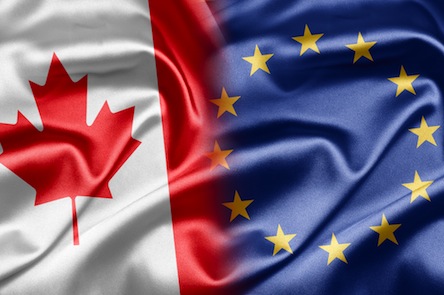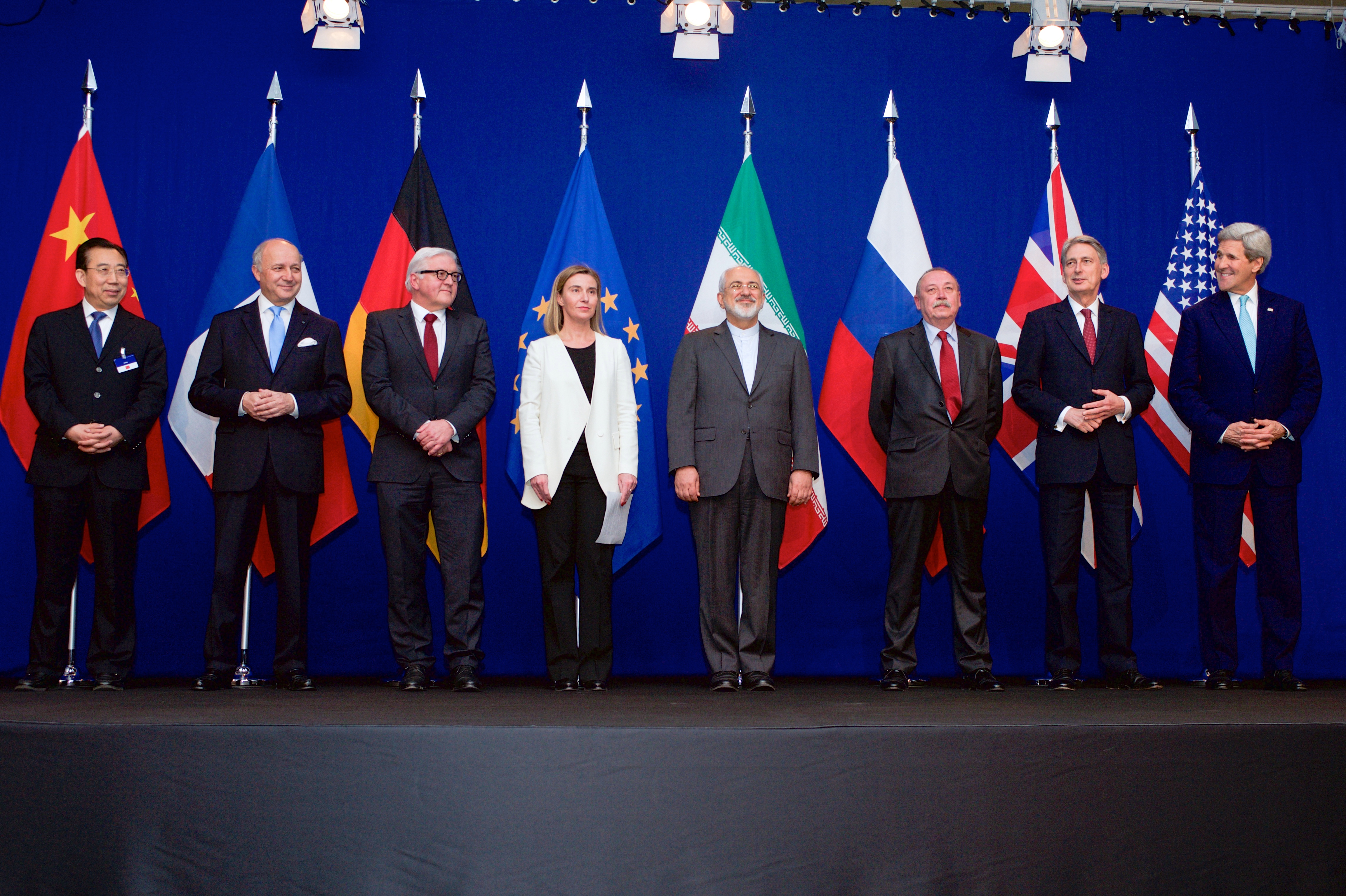In his article, “Canada’s Four Point Game,” Irvin Studin, Program Director for the University of Toronto’s School of Public Policy and Governance, argues that Canada should position itself to be one of this century’s major powers. In making this argument, Studin outlines decisive factors that make Canada ready for major power stardom, including its large geography, abundant natural resources, and competent government. Importantly, Studin emphasizes how developing and maintaining strategic relations with America, China, Russia, and Europe, coining the acronym ACRE, are essential to raising Canada’s geopolitical position and ensuring international prosperity and security.
Part III of this series of articles, entitled “ACRE,” describes how Canada can best strategically position itself in Europe and strengthen Russo-Canadian relations. Since the Second World War and throughout the Cold War, Canada has built and has strengthened its relationships with European countries through international, regional, and issue specific organizations such as NATO. As Russia has exerted and continues to exert power in Europe, Asia, and the Arctic, Canada should use bilateral and multilateral means to maintain peace.
In this century, Studin believes the Russo-Canadian relationship will be tested as the Arctic ice retreats and countries compete for sovereignty over the Arctic waters. While the Canadian government has claimed sovereignty over the Northwest Passage as part of its internal waters, the Russian government has claimed sovereignty to the Northern Sea Route as part of its internal waters. The United States has taken a stance that both straits belong to the international community for use. Critically, Canada’s or Russia’s recognition of the other’s sovereign claim to the Arctic may result in United States’ claim to the waterways.
To strengthen Russo-Canadian relations, Studin emphasizes strategically persuading Russia into a “legal logic” instead of “military logic” in deciding claims over the Arctic. The Canadian Prime Minister could press cooperation and negotiation on Arctic issues with the Russia Prime Minister. In addition, Canada could opportunistically align itself with Russia in international organizations. Using both tactics effectively could build Russo-Canadian trust to possibly advance energy exploration and environmental regulation in the Arctic.
In Europe, Studin presents two Canadian interests for achieving harmony with Russia: keep Europe united and prevent conflict between other countries and Russia. By keeping Europe united, both Russia and Germany commit to peaceable relations. In turn, direct and escalating conflicts between European countries and Russia will be less likely to occur. As in the case of China, Canada should be careful not to isolate Russia, attempting to use existing avenues and institutions for engagement and dialogue.
Overall, to become a major power, Canada’s relationship with Russia and European countries will be crucial. As mentioned by Irvin Studin, Canada needs to build a partnership with Russia based on cooperation in settling sovereignty claims over the Arctic and maintaining peace in Europe. The “ACRE” series illustrates the vital steps in advantageously developing and maintaining relationships with America, China, Russia, and Europe to propel Canada forward as a serious power.




